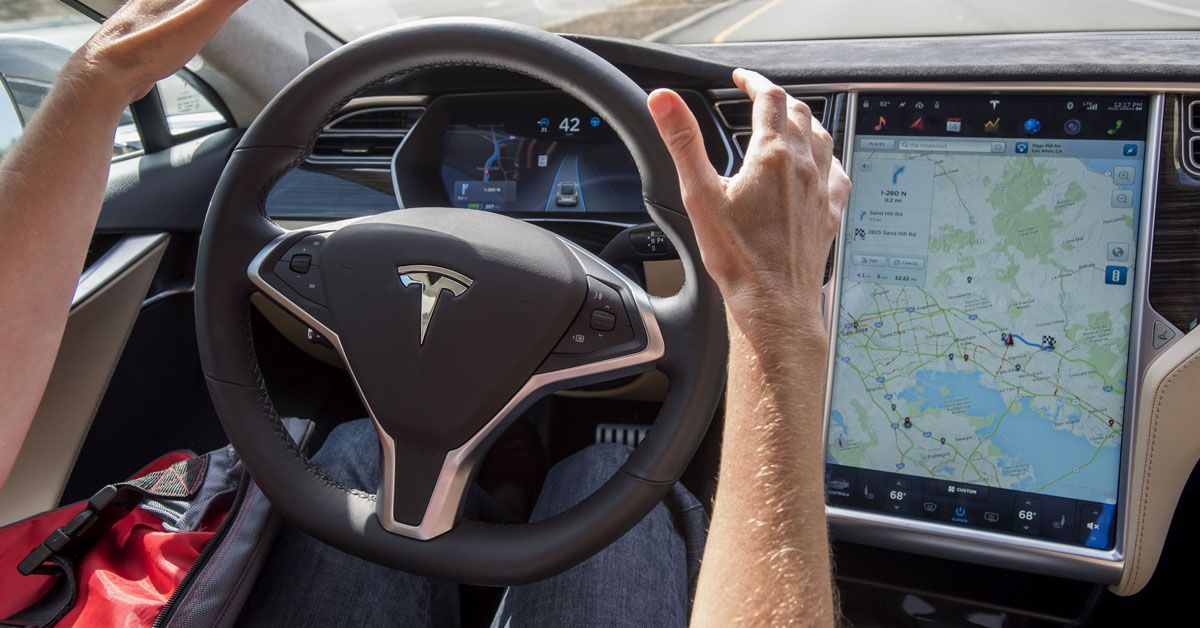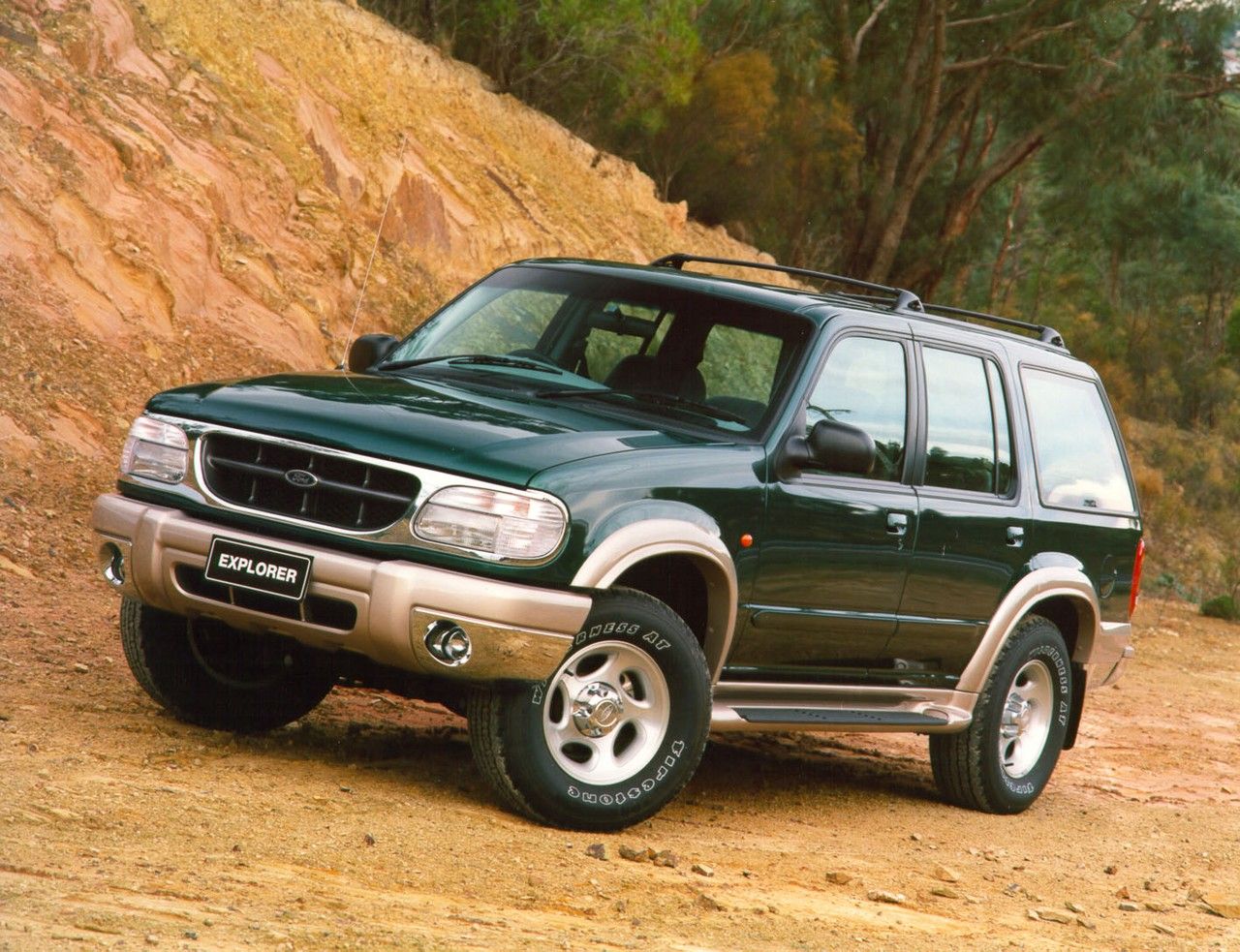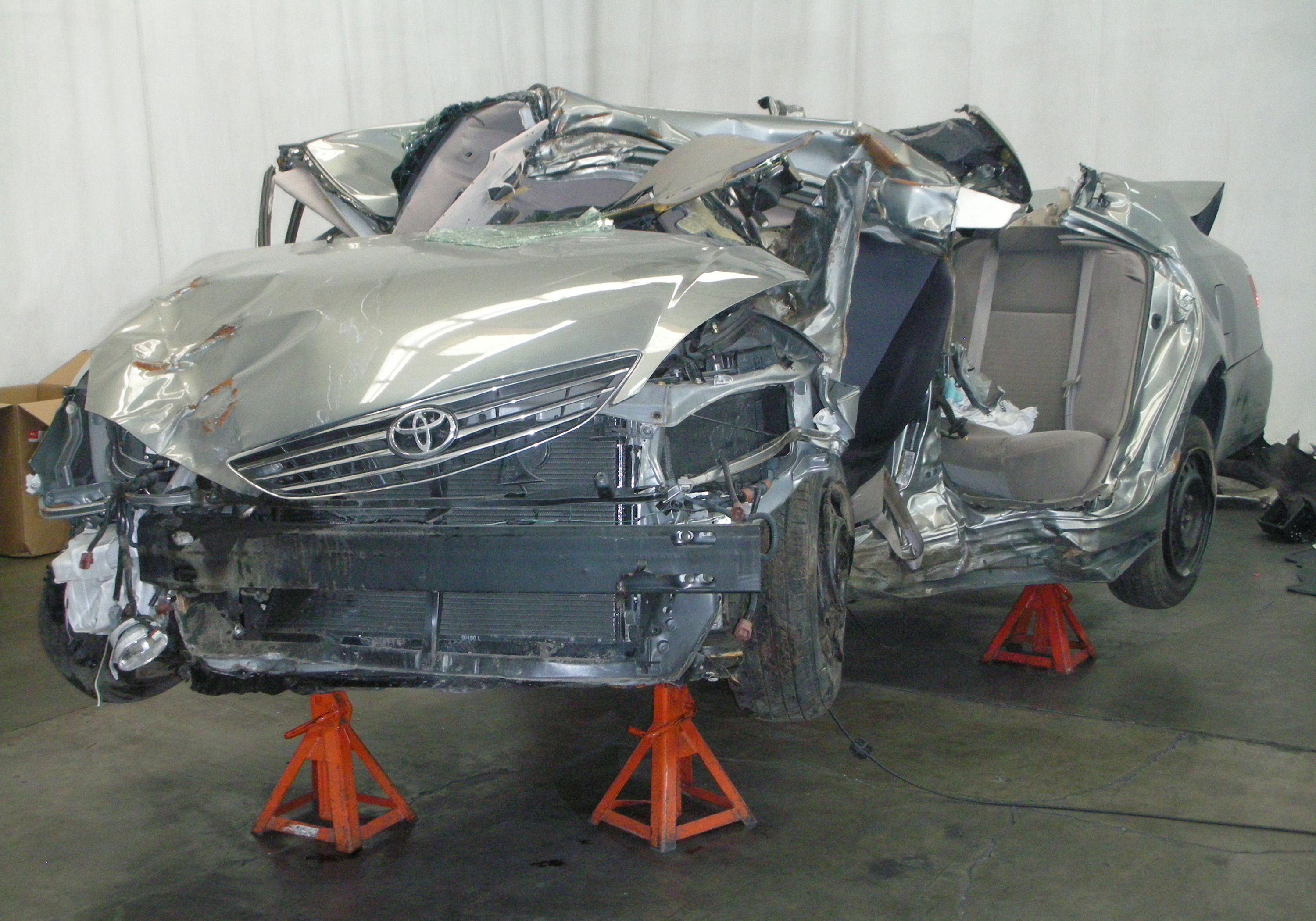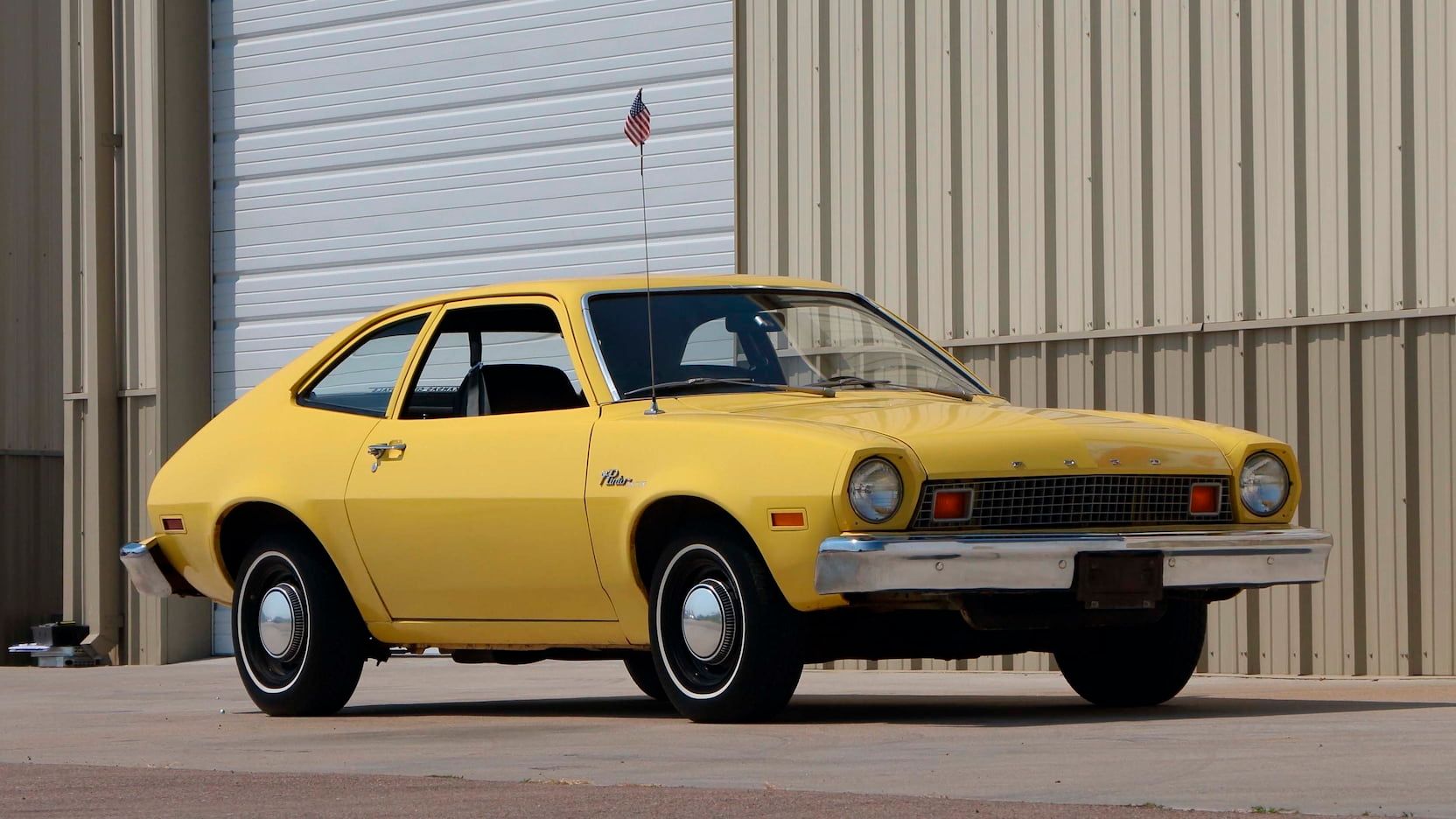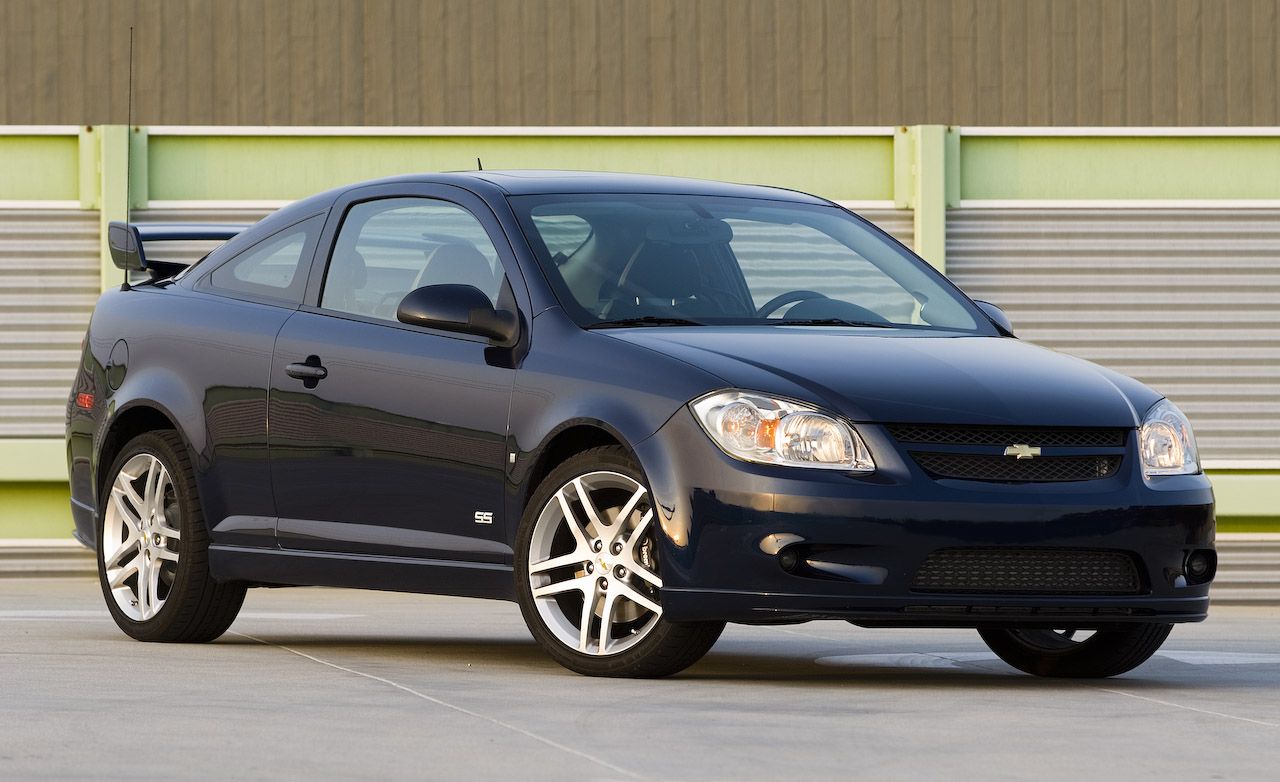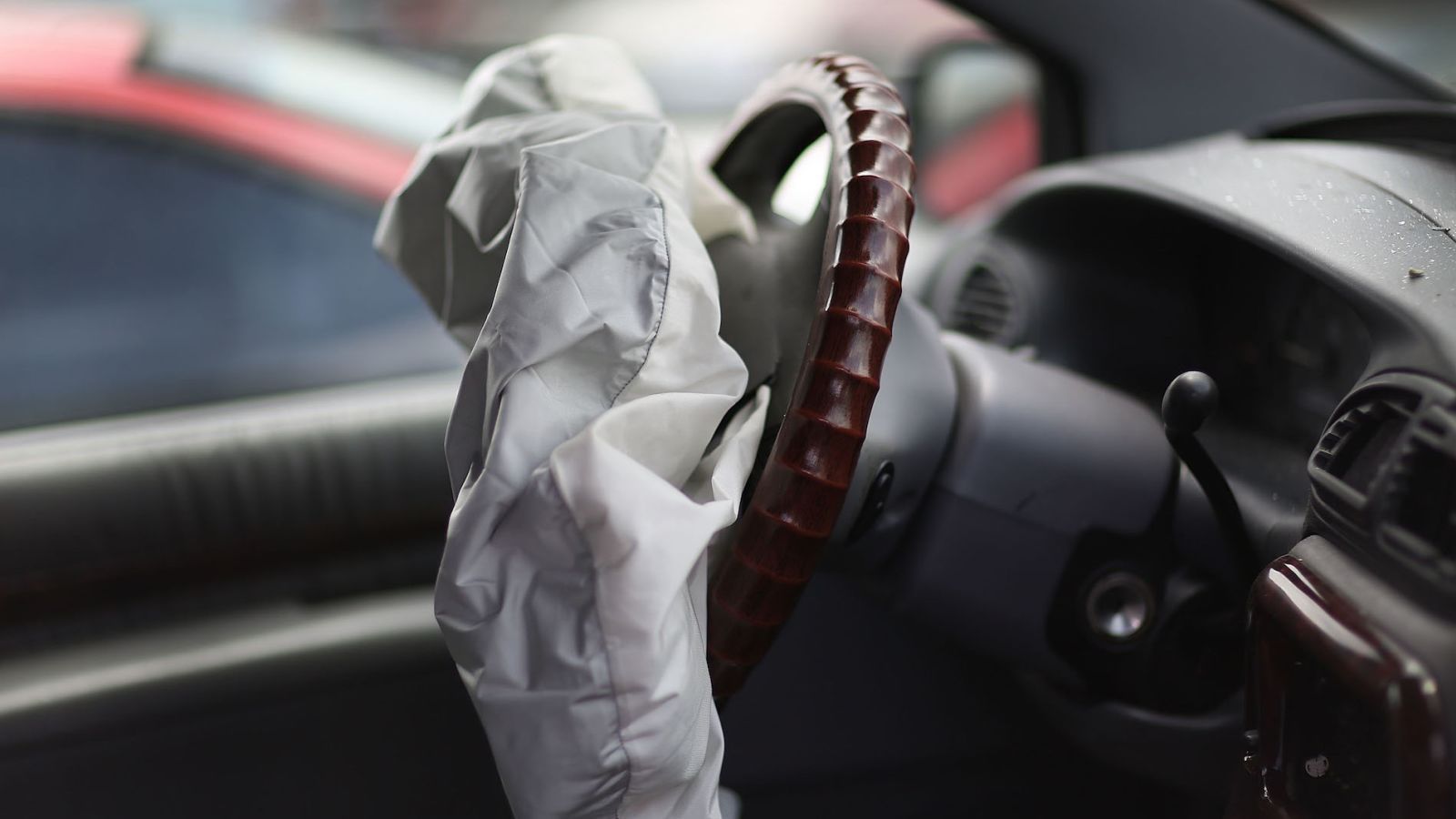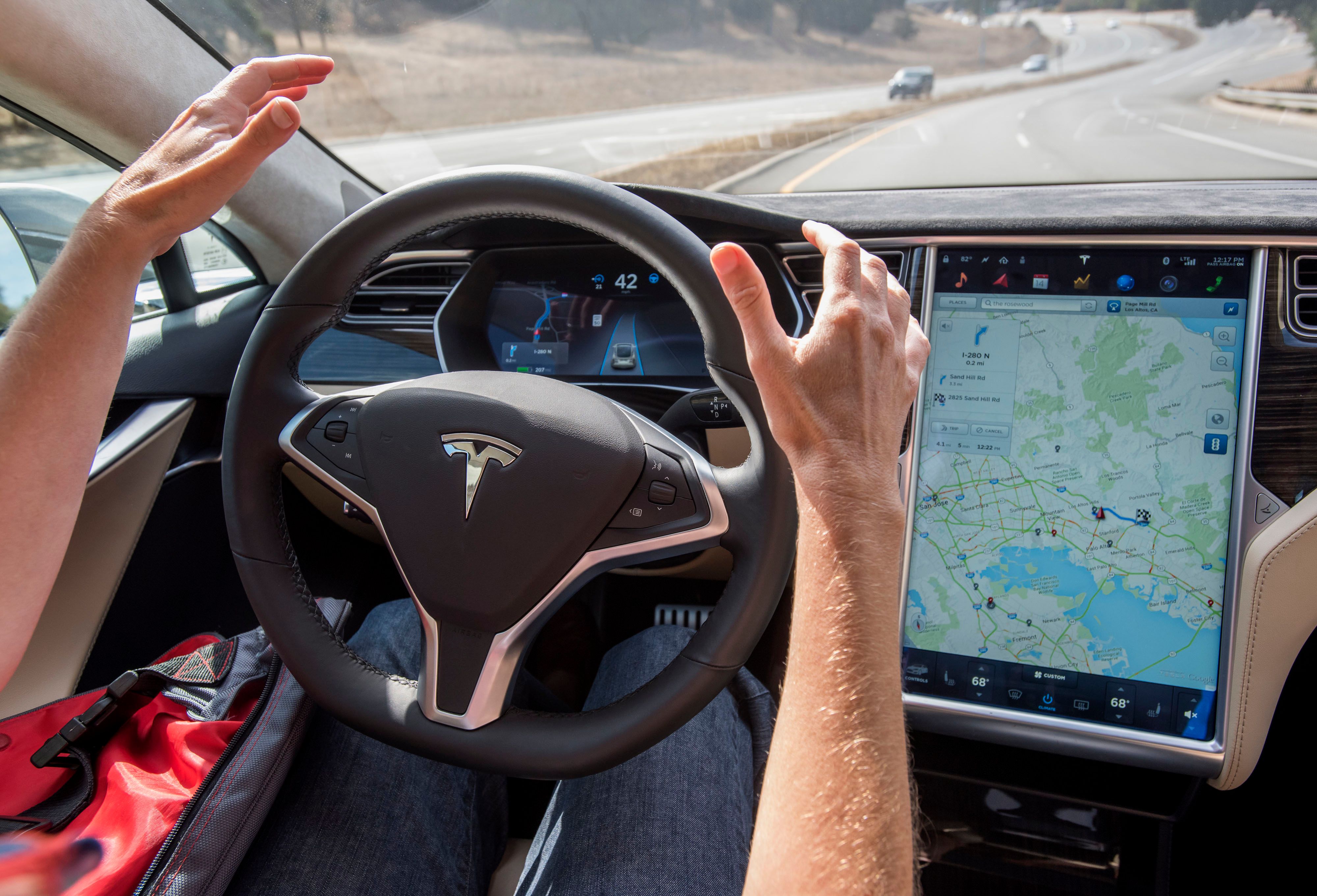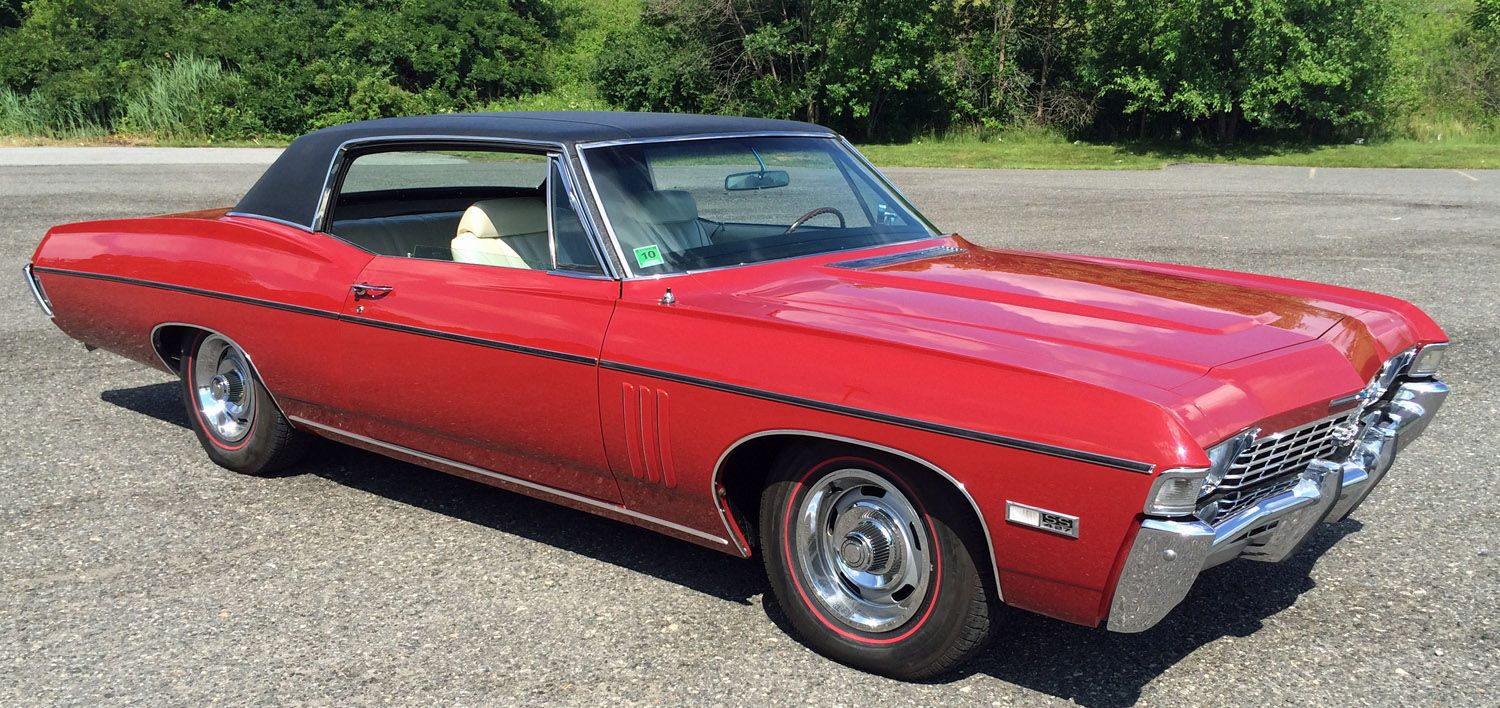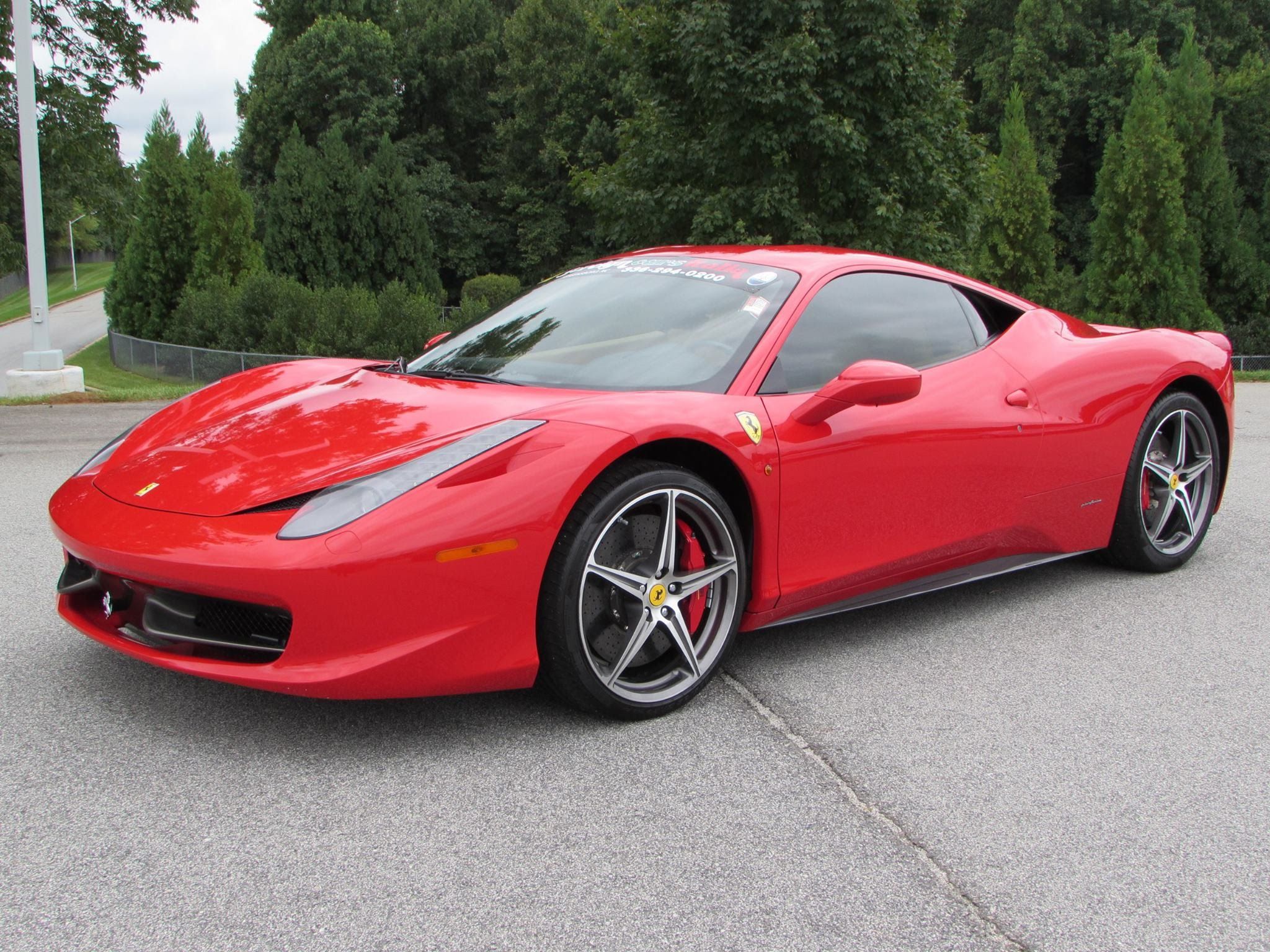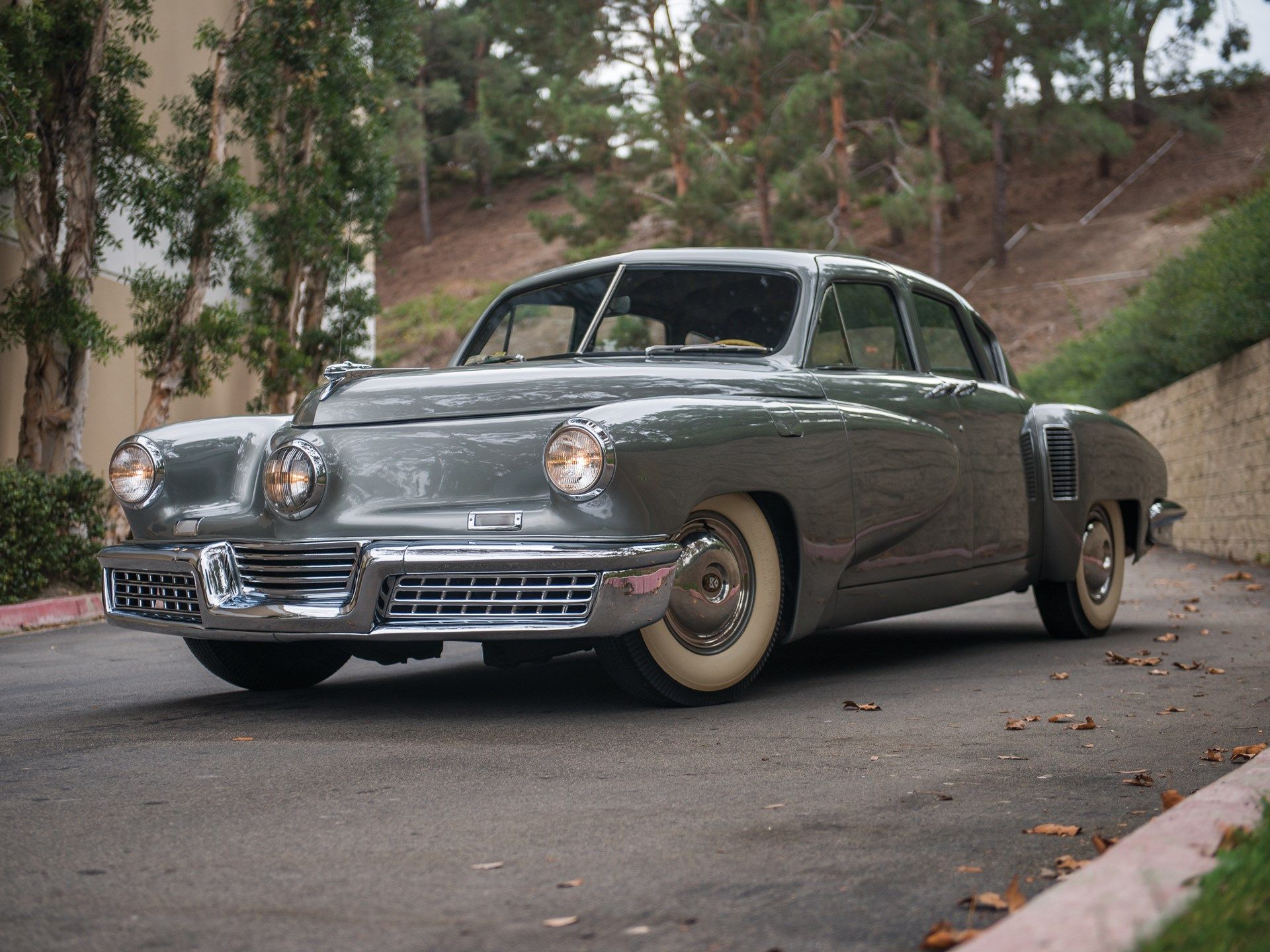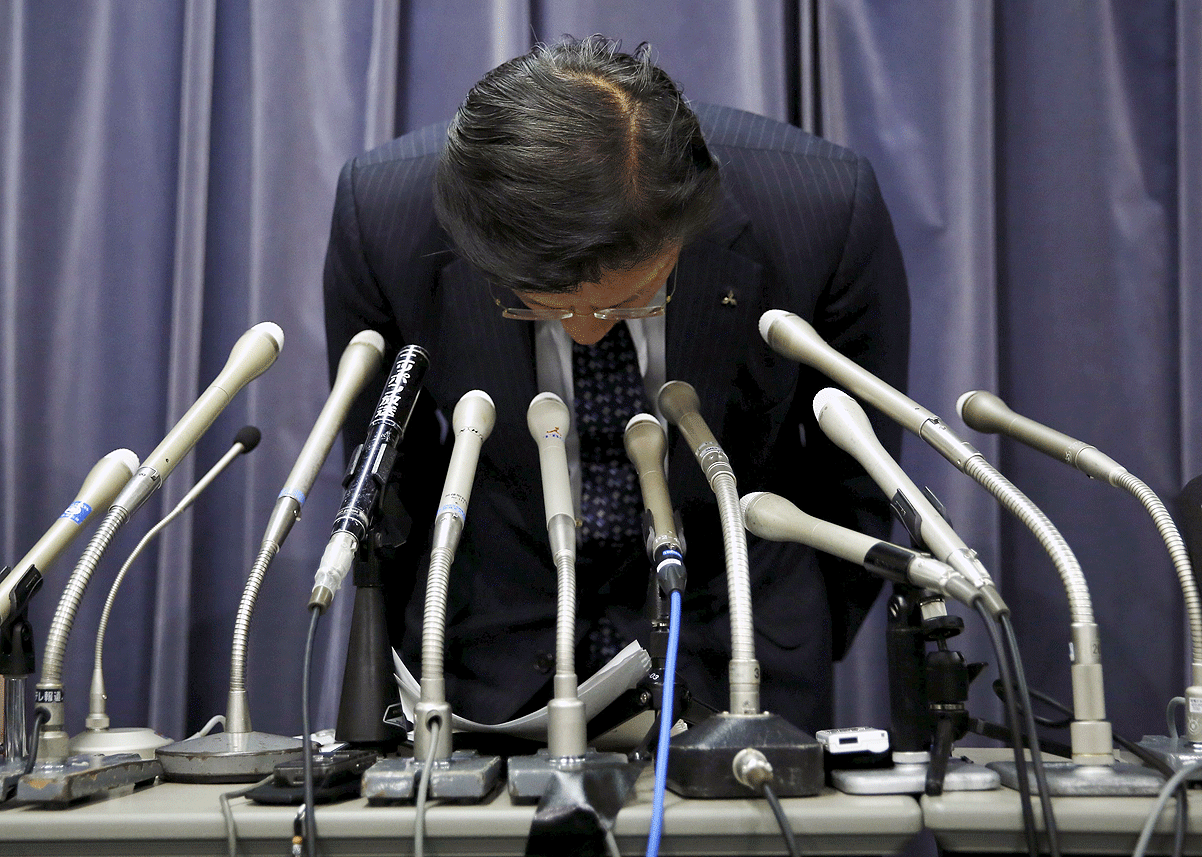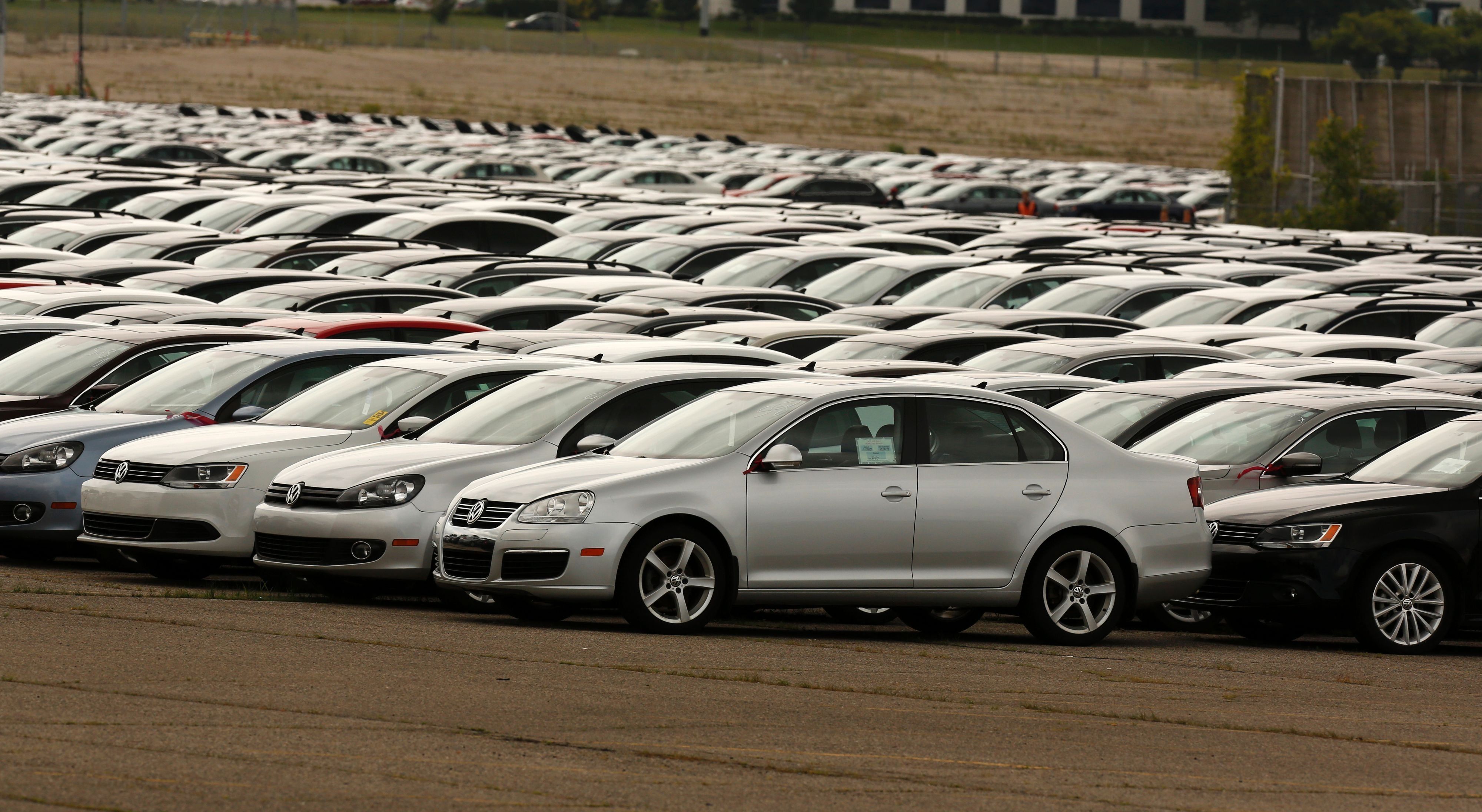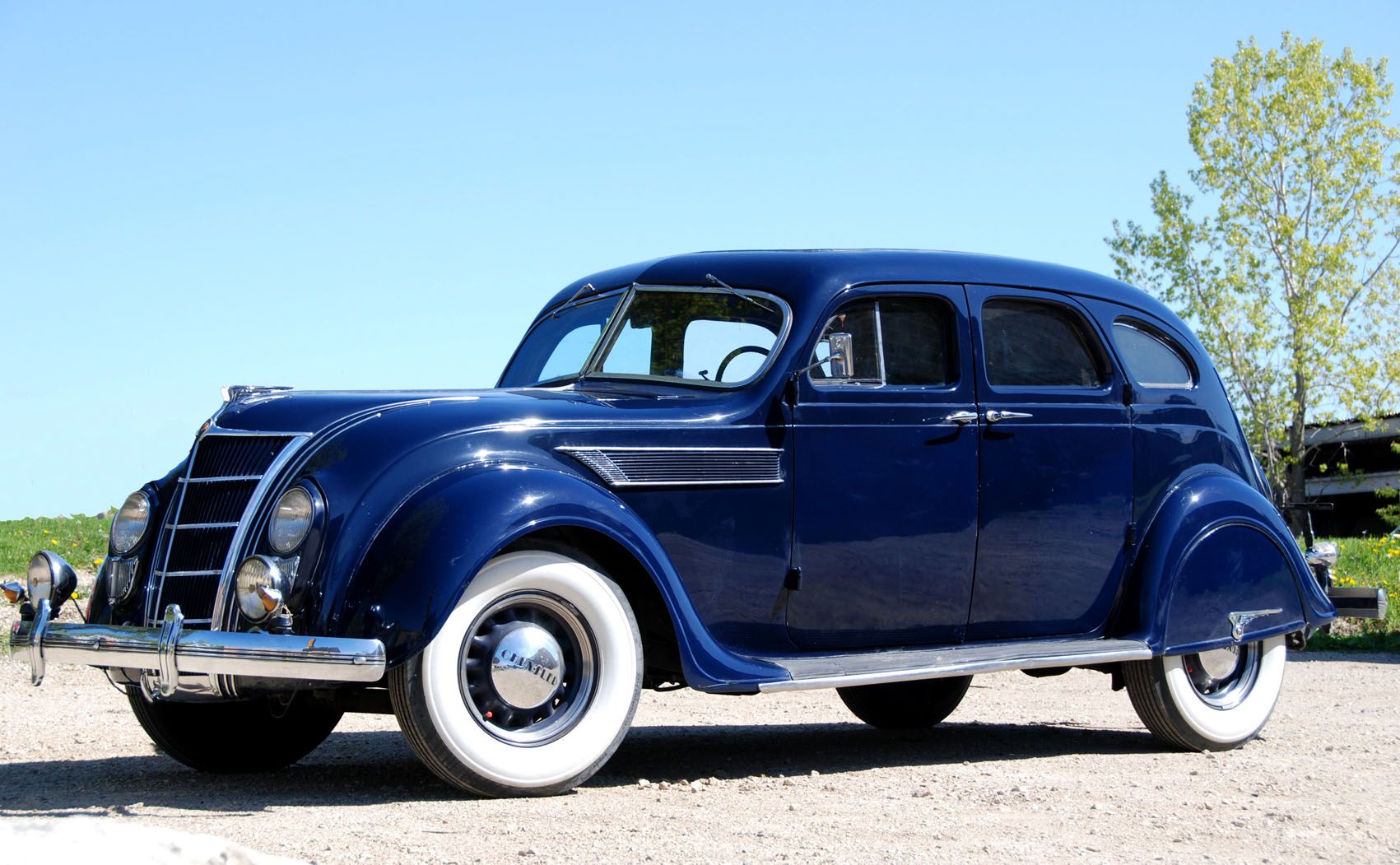Every day around the world you can see just how important cars have become. No matter where you go, there are millions of cars on the road. The automobile industry has become a multi-trillion dollar industry since it began over a hundred years ago. Almost everyone around the world owns some sort of vehicle for transportation, convenience, fun or just to collect. Millions of cars and trucks are produced each year not only to sell to the public but to also show off new ideas. The idea is to grab people's attention by making them interested in their products so they keep coming back for more.
Automotive companies have to abide by many rules and regulations that govern many individual countries to make cars safe. There are many things that the automotive industry take into consideration when manufacturing cars. Even with the very best of intentions manufacturers do make mistakes and these defects could be costly for everyone involved. There are also times when some manufacturers try to make as much profit as possible. There have also been major scandals that have rocked the industry causing financial loss, changes in regulations, and sometimes causing injuries or unintentional loss of life.
15 Ford Rollover Problem
This was another scandal that hit the Ford Motor Company beginning in the 1980s. The problem began with the Ford Bronco II in 1983 and continued with the Ford Explorer. These cars demonstrated instability that caused the cars to roll over and crash.
According to AVVO, Ford was aware of the rollover problem and decided once again to ignore the issue, when all they had to do was make the car just two inches wider.
Ford has faced many lawsuits in regards to rollovers. One such lawsuit filed against Ford was from the family of Brian Cole a New York Mets prospect filed a suit against Ford. The jury awarded Cole's family $131M in damages from Ford for knowing of the problem. Ford wouldn't claim responsibility for the issues with their vehicles rolling over. Ford could have fixed this issue instead they would rather face lawsuits against them.
14 Toyota Unintended Acceleration
The Toyota unintended acceleration scandal is another example of a car company knowing there was a dangerous issue and ignoring it. At the time making money was the bottom line. According to ABC News, Toyota shelled out $1.2B to avoid prosecution for knowingly try to hide from the problem. It is estimated the there were 89 deaths and multiple injuries due to unintended acceleration. Toyota began its recall in 2010 with more than 8 million cars were affected. Sudden unintended acceleration means that the car starts speeding on its own. The driver has no control and can't control the brakes to stop. This lead to many needless car accidents.
13 Ford Pinto Fuel Tanks
The Ford Pinto exploding fuel tanks was not only a massive scandal in the 1970’s but it was also a deadly one. According to Automotive News, due to the gasoline tanks design, there were 500 losses and over 900 injuries when the car exploded when it was hit from behind. Ford was aware that design and the position of the fuel tank was faulty during crash testing and still went ahead and sold them.
The fuel tank was positioned behind the rear axle and in front of the rear bumper and was easily ruptured or punctured in collisions.
It wasn't until 1978, that the Ford Motor Company agreed to a recall with the National Highway Traffic Safety Administration. Ford also lost one of the biggest lawsuits in history brought against them by Richard Grimshaw in 1981. Grimshaw was awarded over $125M in damages by a jury for injuries sustained in an accident in 1977 when he was 13 years old.
12 GM's Ignition Switch
This is another scandal involving a car manufacturer knowingly putting the public at risk is GM. GM began a recall in 2014 for deadly ignition switches used in their cars. The ignition switch would rotate out of position which could cause the car to just stop, leading to accidents and sometimes death. According to NPR, GM was aware of this issues as early as 2005 and decided to ignore the problem due to the costs of fixing the ignitions. That was a mistake that would cost the company. Major lawsuits have been filed against GM in amounts that could cause the company to go bankrupt. In 2015, GM had to pay the DOJ $900 million in fines and admit responsibility for the ignition switches.
11 Takata's Airbag Issue
The Takata Corporation was a Japanese company that made and provided automotive parts. Takata began making airbags in 1988 for many car companies. This was another example of car companies being aware of an issue and nothing being done about it till years later. Millions of cars were affected. According to Consumers Report, 19 different automakers were affected and the recall involved cars made from 2002 through 2015. It is bad enough when you get into a car accident but the last thing anyone should have to worry about is the safety device used to protect you becomes a weapon.
There were numerous losses injuries related to these airbags.
The airbags contained a canister filled with ammonium nitrate to help inflate them. The canister became shrapnel and flew into the victim when they deployed. In 2017 the Takata Company admitted knowing about the deadly defect and paid $1B in fines.
10 Firestone Tires
In 2000, Firestone announced the recall of 14.5 million tires that could possibly explode. The tires were used on Ford Explorers and it wasn't like Ford wasn't already having issues with rollovers, this just added to the issue. There was a defect in the tires which cause the thread to separate and fall apart. The tire exploded causing the vehicle to not only to roll over but to crash. According to the National Highway Traffic Safety Administration, the NHTSA ruled that was a defect in the tire. The NHTSA also implemented the TREAD Act. This act would hold manufacturers responsible for deaths or injuries and could make them face criminal charges for withholding information on defects.
9 John DeLorean's Investments
Most people are familiar with the Delorean car. It was featured in all of the Back to Future films, what many people are aware of is what happened to the car company. The Delorean Motor Company was founded in 1975 by John DeLorean. DeLorean was no stranger in the car industry having been made the youngest person to become an executive at General Motors. He began the company based on investors and started manufacturing cars. John DeLorean's troubles began in 1982 when he was taken in for a $24 million deal with some less than wholesome individuals.
8 Tesla's Autopilot Mode
Tesla is a newer company that began in 2003 by Martin Eberhard and Marc Tarpenning and was started on investor funds. Elon Musk started working for the company in 2004. The Tesla autopilot scandal is a new issue for the company. The National Highway Traffic Administration has received reports that the Tesla car, when put into autopilot, begins to pull to the side of the road and crashes.
According to the Guardian, there have been reported driver losses due to the malfunction.
Walter Huang, 38, was killed when the Tesla he was driving stopped for an oncoming car then within only 3 seconds sped up and hit speeds of almost 71 mph. The car wouldn't break either. There are also reports of the car not stopping for an object and crashing into emergency cars. In response, Elon Musk has blamed driver error for the crash.
7 Chevrolet Faulty Engine Mounts
In 1971 Chevrolet decided to recall their engine mounts that were faulty. They were produced between 1965-70. The recall only happened after the National Highway Traffic Safety Administration told the public after conducting tests of the potential risks associated with engine mounts breaking. According to Corvette Online, almost 7 million cars had been recalled and Chevy never admitted responsibility for the faulty engine mounts. During the recall, Chevy never replaced the engine mounts. Instead, they decided to do a fast fix. Chevy decided that replacing the engine mount wouldn't be cost efficient at $50.00 a new mount to install on the cars. It would have cost them too much money, so instead, they decided to reinforce the engine mount with only spending $1.00 per car.
6 Ferrari 458 Combustion
Ferrari is another car company that wasn't exempt from having their own scandal in 2010. The problem occurred when the Ferrari 458 began exploding. The company launched an investigation for the cause of the explosions and found that Ferrari 458 had a flaw in the wheel arch in which they used glue that was highly flammable. Not only could the car catch on fire when driving at high speed or long distances, it could catch fire and explode just on hot days. According to CNET, Ferrari recalled an estimated 1,000 vehicles and had the dealers replace the arch liners on the cars using screws instead of glue.
5 Tucker 48
The Tucker Corporation was founded by Preston Tucker in the 1940s and didn't last very long. There were only 51 Tucker 48 ever produced before the company closed. The Tucker 48 was a nice looking sedan. According to Tucker Automobile Club Of America, The Tucker 48 was equipped with an H-6 horizontally opposed engine and 166hp. Today if you can find one they can cost up to $3M. The issue wasn't with the car but with Preston Tucker. According to Wired, Preston Tucker and his partners were charged with fraud. Tucker had been accused of unethical fundraising in order to buy a plant to produce cars.
4 Mitsubishi Fuel Economy Testing
Now, this was a huge scandal and a costly one for Mitsubishi Motors. Mitsubishi Motors has admitted to wrongdoing and falsifying data on their products. They tried to make their cars look better in order to sell them to the public.
The company made it look like their car emissions and fuel efficiency was meeting standards.
Instead, they were breaking the trust of consumers. According to Top Gear, Mitsubishi’s president Tetsuro Aikawa had to resign over the fuel economy testing scandal which began in 1991. It is estimated that Mitsubishi has paid more than $2.5B in damages for fuel economy testing scandal.
3 Volkswagen Diesel Emission
The diesel emissions cover-up has been a huge scandal for Volkswagen worldwide. The scandal began in 2015 when the United States Environmental Protection Agency issued a notice to the company that accused Volkswagen of intentionally falsifying their testing results to show the car met emission standards when it did not. According to NPR, Volkswagen used a software program to make it look like the cars passed the tests but according to the EPA, the diesel fuel emissions were 40 times higher then what they claimed. This has cost the company billions of dollars in damages and recently taken in have been made for the cover-up. Audi CEO Rupert Stadler was apprehended in June 2018 for his role in the scandal.
2 Audi Unintended Acceleration
Toyota was not the only car company that had an issue with unintended acceleration. Audi who is owned by Volkswagen did too. In 1982 and 1983, Audi recalled their 5000 model cars that were made between 1978-83 for complaints about the cars sudden acceleration and loss of brakes. It was blamed for causing hundreds of accidents. According to The Truth About Cars, the National Highway Traffic Safety Administration conducted a three-year investigation into the issue and found no fault with Audi. According to their findings, the gas pedal was placed differently on the cars and Americans had not been used to the location. Driver error was blamed instead. Even with the findings, it did not stop lawsuits against the company. Lexus owners claimed that the Audi scandal damaged the value of their cars.
1 Chrysler's Airflow
GM caused this scandal as early as 1935 against the Chrysler Corporation for their Airflow car. The Chrysler Airflow was produced between 1934–1937 and was a nice car. The Airflow has a 299- cubic inch flathead straight- eight engine and 122 hp, this car had a lot of power. This was the first full-size car that was produced using a streamlining design. There was nothing wrong with this car. This car even withstood being dropped off a cliff and not getting a scratch on it at all, but it didn't do too well in sales. That was not Chrysler's fault. GM played a part in damaging sales for Chrysler. According to Profile Reviews, GM was jealous of Chryslers Airflow car and went out of their way making false allegations and blatant lies against the company. They went as far as taking out ads making derogatory comments about the Airflow putting doubts into customers heads. Chrysler stopped production thanks to GM's smear campaign.
Sources: AutoNews.com, Wired.com, ConsumerReports.com

